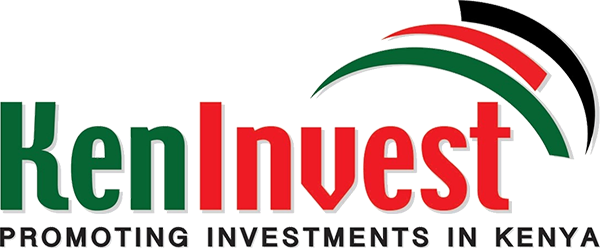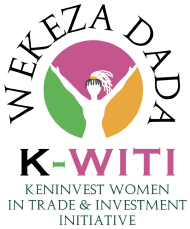Kenya has launched a Business Regulatory Toolkit which is aimed at helping local Small and Medium-Sized (SMEs) and foreign businesses navigate the regulatory environment, to improve their overall performance and efficiency.
The Toolkit is a free online resource that aims to improve business access to legal and regulatory information, simplify their knowledge of the changing regulatory requirement and advise on key regulators applicable to them within their business at different stages of development – Planning, Launching, Managing and Growing a business.
The resource has been jointly developed jointly by The Ministry of East African Community and Regional Development’s Department of Business Reforms and Transformation, with support from the British High Commission’s UK Kenya Tech Hub. Other technical partners include UK Aid, Kenya National Chamber of Commerce & Industry (KNCC&I) and Kenya National Innovations Agency (KENIA).
It builds on the government’s six-year long effort to create a conducive legal and regulatory environment through the Ease of Doing Business Reforms Agenda for small businesses, and responds to businesses need to enter the formal economy, improve operations, and grow their businesses in a bureaucracy-free environment.
Launching the Business Regulatory Toolkit, Ministry of East Africa Community and Regional Development’s Cabinet Secretary Adan Mohamed said the Toolkit will accelerate the Government’s ambition to facilitate a conducive environment, as well as help businesses develop into high-growth firms contributing to economic productivity, growth and job creation.
“We have so far implemented over 47 legal reforms in the past 6 years, and this Toolkit is a transformational addition to further broaden the scope and reach of businesses to better understand the regulatory environment. It addresses the information and awareness barrier that hampers the actual start-up, management and growth of small businesses in Kenya due to lack of access to relevant legal and regulatory information,” said CS Mohamed.
While less than one-half of business start-ups survive for more than five years, according to the Kenya National Bureau of Statistics (KNBS), Kenya is currently registering over 200 businesses daily, compared to 30 businesses six years ago, totaling to over 600,000 newly registered firms since 2014, and 12 million small businesses in operation, according to The Doing Business Reforms Milestones Report developed by the Department of Business Reforms and Transformation on business climate reforms implemented since 2014.The report was released by President Uhuru Kenyatta to parliament in November 2020.
“It is not enough to remove the legal and regulatory impediments, we need to continue nurturing and enabling this pool of businesses to transition them into the next generation of big businesses,” added CS Mohamed.
Promoting a regulatory environment conducive to the development of businesses is a major plank of Government policy in Kenya. Policy reforms have sought to improve processes and save cost by enacting new legislation, re-engineering processes and eliminating wholesale bureaucracy in intersecting areas of private and public sector.
According to the Deputy British High Commissioner to Kenya, Julius Court, regulation was a key barrier identified by entrepreneurs as a challenge to businesses in a sector analysis that informed the development of the Toolkit.
“Regulation is important for entrepreneurs that are looking to grow and scale up their businesses. This is an area that can prove to be confusing and overwhelming for entrepreneurs whose main focus is to run their businesses. The Toolkit has focused on those areas and the sectors identified by businesses as most important,” said Amb. Court.
According to Kenya National Chamber of Commerce & Industry President Richard Ngatia, the Toolkit is a progressive milestone to guide businesses which account for the largest share of employment and wealth creation in Kenya. “We exist to promote, support or advocate against legislations and ineffective bureaucratic measures in place of creation of a favorable commercial, trade and investment environment that supports enterprise expansion,” said Ngatia.
Since 2014, considerable reforms have been made in 10 indicators in Kenya including: starting a business; dealing with construction permits; getting electricity; registering electricity; getting credit; protecting investors; paying taxes; trading across borders; enforcing contracts; and resolving and employing workers.
In World Bank’s Doing Business Report 2020, Kenya was ranked 56th, 80 places from its 136th position in 2014. Within the six-year period, Kenya has been ranked the third-most improved country for three consecutive years (2015,2016, 2017), the most improved nation in Africa, and the third-most reformed country in sub-Saharan Africa, after Rwanda and Botswana.








